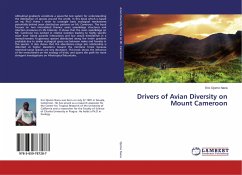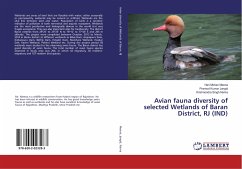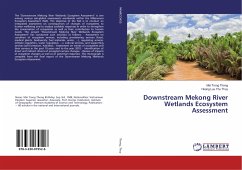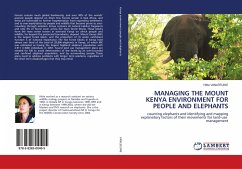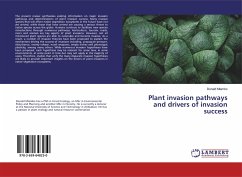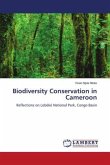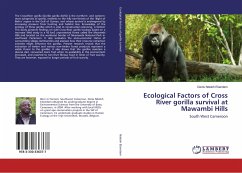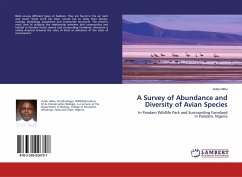Altitudinal gradients constitute a powerful test system for understanding the distribution of species around the world. In this book which is based on my Ph.D thesis I strive to untangle basic ecological mechanisms potentially behind avian distribution patterns on Mt. Cameroon. The book focuses on two interrelated themes: avian assemblage structures and selection pressures on life histories. It shows that the avian assemblage on Mt. Cameroon has evolved in relative isolation leading to highly specific avian host- blood parasite interactions and low sexual dimorphism in a monochromatic frugivorous species distributed along the entire gradient probably due to similar ecological space use between males and females in this species. It also shows that the abundance-range size relationship is distorted at higher elevations toward the montane forest because restricted-range species are very abundant. This book shows the influence of the environment on the ecology of birds, and opens thepath for more stringent investigations on Afrotropical Mountains.
Bitte wählen Sie Ihr Anliegen aus.
Rechnungen
Retourenschein anfordern
Bestellstatus
Storno

